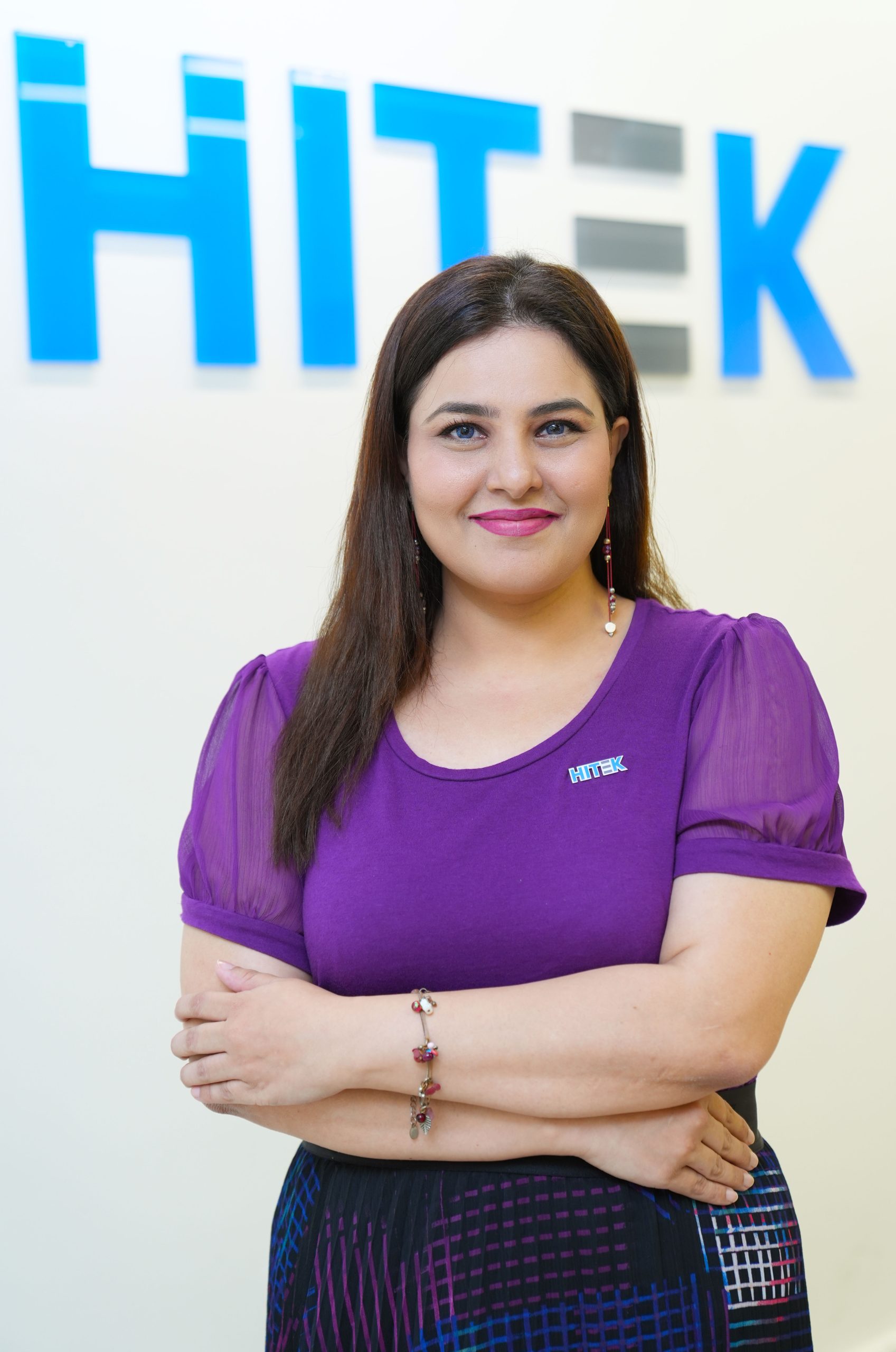Climate action is a business-critical issue that needs to be addressed. If the UAE is to achieve its Net Zero ambitions, the private sector must support the government, and with COP 28 being held in Dubai in November, it is vital that organisations start to plan their environmental strategy now. Moreover, an inclusive sustainability strategy affords operational savings, competitive advantage and strengthens relationships with stakeholders. Creating a roadmap to reduce scope 1, 2 and 3 emissions can only be achieved by measuring a company’s baseline carbon footprint and then consistently monitoring how the Net Zero strategy is achieving set targets, to reduce emissions.
Farnek’s online remote digital platform called PowerTEK is a complete solution for energy, waste and carbon monitoring. It supports business to get visibility on consumption and its performance from various sources. It shows energy utilisation and baseline comparison in portfolio, building, location and asset level, making it effective for businesses to identify energy leakages and improvements. PowerTEK provides consumption breakdown into utilities including electricity, chilled water, heat/ fuel, kitchen gas, domestic water, solar and TSE. It facilitates digital dashboards for each utility with monthly and yearly performance benchmarking.
Javeria Aijaz, managing director, HITEK, Farnek’s sister company that developed PowerTEK, says: “With regional governments committing to Net Zero by 2050, combined with the high cost of energy, monitoring and its management has been one of the key factors for businesses and industries to formulate comprehensive operational strategies with a vision for smart, energy efficient and sustainable cities and buildings. PowerTEK has been designed to cater the need of various industries including hospitality, retail malls, commercial real estate, residential buildings, and many others. PowerTEK provides data-visualisation in terms of dynamic column, line graphs.”
PowerTEK provides data-visualisation in terms of dynamic column, line graphs and pie charts. “We can also easily analyse the KPI measures through them which is user friendly,” she adds.
While presenting energy consumption, PowerTEK has the capability of bringing transparency of carbon emissions while showcasing building energy performance. It also shows carbon emissions per utility and waste with monthly/yearly benchmarking. Having this visibility, businesses feel responsible while able to see the breakdown on the highest source of carbon emission so a strategy could be formalised to reduce it.
On how PowerTEK collects and analyses data from IoT and BMS systems, Aijaz reveals that BMS and IOT sensors are the digital data-sources for PowerTEK that supports businesses by providing one of the main factor to achieve a complete FM & energy digital journey strategy. It captures information at utility and assets levels from the field devices and metres installed in building zones and locations. IoT sensors are monitoring and measuring the temperature, humidity and other parameters. PowerTEK is integrated with DEWA for monthly water and electricity consumption for both commercial and residential buildings.
However, Aijaz says that the market is still in adoption stage of energy management “as of most of the customers are unable to visualise the long-term benefits of having energy transparency”. She adds: “The customers are looking for short time ROI, with limited investment which is making it challenging for adoption.”
Energy and water consumption
PowerTek digitises energy and waste consumption along with benchmarking, with respect to multiple variables that can influence a building’s environmental metrics such as occupancy, number of rooms, F&B covers, employee profiles, staff hours, air-conditioned areas as well as general weather conditions. This helps the buildings to maintain higher operational efficiency, lower costs and the associated carbon emissions.
One of the important modules in PowerTEK is waste module where data can be captured through sensor and manual entry. The waste may be general waste, food waste, cardboard waste, plastic waste, metal waste, cooking oil waste, paper waste, etc. It also clearly captures how much was donated, composted, or recycled, and how much was converted to energy.
Aijaz adds: “From these we again categorise how much is landfill waste and how much is non-landfill waste. Also, we calculate waste diversion (in percentages) and depict all these details in PowerTEK as graphical representation. In addition, this module is capable of calculating how much carbon is generated from waste.
PowerTEK has a wide range of ML and AI powered dashboards that can help the business make data-driven informed decisions and few of the important ones are total consumption of the selected period (daily, monthly, yearly), current consumption vs previous consumption.
The platform also provides the cost analysis that gives the overview of the cost charged for utilities such as electricity and domestic water and it also it provides the utility cost break down graph of the selected building.
Additionally, the platform provides energy breakdowns that drills down the consumption of each Main Distribution Board (MDB) installed in the buildings. It can define various KPIs in terms of energy reference area and occupancy, by calculating carbon emissions for each utility which is a great initiative toward net-zero strategy.
Apart from this, the platform provides asset availability, asset performance power consumption (graphical representation for each hour/day), CO2 level temperature profile (return air temperature & supply air temperature), fresh air temp and dew point temp and humidity.
Aijaz concludes: “PowerTEK is an environmental performance tool, which supports businesses’ operational efficiency, by identifying potential savings through continuous monitoring, analysing and benchmarking energy and water consumption as well as waste generation.
“This digital solution manages all kinds of data complexities, providing full transparency about operational activities and can aggregate data seamlessly across multiple sites and locations in real-time and perform complex calculations, providing a more accurate picture and ongoing analysis of progress, towards achieving net zero.”
In the future, PowerTEK will enable ESCO contracts to be more result oriented in terms of costs and savings. In addition, integration with other energy resources like solar panels will make it robust and stand out from its competition.

